Best E-commerce platforms for business websites in 2024

Choosing the right e-commerce platform is a crucial decision for any business. It determines the features available, ease of use, and ultimately, the success of your online store. With numerous platforms to choose from, it can be overwhelming. In this article, we'll explore the top 15 e-commerce platforms for building your business website, providing you with a detailed overview of their pricing, features, pros, cons, and why each platform might be the right fit for your needs.
1. Shopify
Shopify is one of the most popular e-commerce platforms, known for its ease of use and scalability. It's ideal for both beginners and large businesses. Shopify offers a comprehensive suite of tools to manage your store, including inventory management, marketing, and payment processing.
Pricing
- Basic Plan: $24/month
- Shopify Plan: $69/month
- Advanced Plan: $299/month
- Plus: $2300/month
- 3-day free trial available
Features
- Drag-and-drop store builder
- Over 100 payment gateways supported
- Built-in SEO features
- App Store with thousands of integrations
- Shopify POS for brick-and-mortar integration
Pros
- Extremely user-friendly
- Strong app ecosystem for customization
- Excellent support for multiple currencies
- Integrated POS system
Cons
- Transaction fees unless using Shopify Payments
- Limited customization without coding knowledge
- Higher pricing as you scale
Why Choose Shopify?
Shopify is perfect for businesses that want an easy-to-use platform with vast integrations and scalability. It’s especially useful for entrepreneurs who prefer a simple setup process but also want advanced tools as their business grows.
2. Shift4Shop
Shift4Shop, formerly known as 3dcart, is a feature-packed platform aimed at providing comprehensive solutions for growing businesses. It’s designed to accommodate sellers who need more control over their online store but don't want to deal with complex coding.
Pricing
- Free plan available (requires Shift4 Payments)
- Paid plans starting at $39/month (without Shift4 Payments)
Features
- Unlimited products and bandwidth
- Built-in blog
- SEO-friendly URL structure
- Wide range of shipping options
- 24/7 customer support
Pros
- Affordable pricing
- No transaction fees
- Wide range of features included in the free plan
- Good SEO tools
Cons
- User interface can be challenging for beginners
- Limited design flexibility
- Fewer integrations compared to competitors
Why Choose Shift4Shop?
Choose Shift4Shop if you're looking for an affordable platform with strong built-in features. Its free plan with Shift4 Payments is a great option for budget-conscious businesses, while its paid plans offer advanced tools for scaling.
3. Square Online
Square Online is a platform that integrates seamlessly with Square’s point-of-sale system, making it an ideal solution for businesses already using Square hardware or those looking to combine online and offline sales effortlessly.
Pricing
- Free Plan: $0/month (limited features)
- Plus: $29/month
- Premium Plan: $79/month
Features
- Seamless integration with Square POS
- Free SSL certificate
- SEO tools for enhanced visibility
- Automatic inventory synchronization
- Social media and email marketing integration
Pros
- Simple to use, ideal for small businesses
- Free plan available
- Easy integration with Square's hardware for in-person sales
- No additional transaction fees with Square Payments
Cons
- Limited customization options
- Features on the free plan are very basic
- Transaction fees if using non-Square payment methods
Why Choose Square Online?
Square Online is best suited for businesses already using Square’s POS or those looking to integrate in-person and online sales. The platform’s ease of use and affordable pricing make it ideal for small businesses and retailers.
4. Squarespace
Squarespace is known for its beautifully designed templates and is primarily a website builder with strong e-commerce capabilities. It’s ideal for creative entrepreneurs, such as photographers, designers, and small business owners, who want an aesthetically pleasing online store.
Pricing
- Personal Plan: $16/month (no e-commerce)
- Business Plan: $23/month
- Basic Commerce Plan: $28/month
- Advanced Commerce Plan: $52/month
Features
- Award-winning design templates
- Integrated blogging and portfolio tools
- Unlimited storage and bandwidth
- Inventory management
- Abandoned cart recovery
Pros
- Stunning design templates
- Integrated marketing tools, including email campaigns
- No transaction fees on higher-tier plans
- Strong blogging features
Cons
- Limited app ecosystem compared to Shopify or WooCommerce
- Steep learning curve for customization
- Fewer advanced e-commerce features on lower plans
Why Choose Squarespace?
Squarespace is perfect for creative entrepreneurs who prioritize design and aesthetics. If you want a visually stunning store with the ability to showcase portfolios, blogs, and more, this platform offers the perfect combination.
5. BigCommerce
BigCommerce is a powerful platform designed for larger businesses looking for extensive functionality without third-party apps. It's a highly customizable platform that offers robust tools for scaling.
Pricing
- Standard Plan: $29/month
- Plus Plan: $79/month
- Pro Plan: $299/month
Features
- Unlimited products, storage, and bandwidth
- No transaction fees
- Advanced SEO tools
- Multi-currency support
- Built-in sales channels (Amazon, eBay, Google Shopping)
Pros
- No additional transaction fees
- Advanced SEO and marketing tools
- Strong multi-channel integration
- Highly scalable
Cons
- Steep learning curve for beginners
- More expensive than other platforms
- Customization can require developer assistance
Why Choose BigCommerce?
BigCommerce is ideal for growing or large-scale businesses that need robust, out-of-the-box e-commerce solutions. Its powerful integration with multiple sales channels and scalability make it a great choice for businesses that plan to expand.
6. Wix
Wix is a versatile website builder that includes e-commerce functionality, making it an excellent option for small businesses and startups. It’s user-friendly, offering drag-and-drop capabilities with no coding required.
Pricing
- Light: $17/month
- Core: $29/month
- Business: $36/month
- Business elite: 159/month
Features
- Intuitive drag-and-drop builder
- Over 500 customizable templates
- Multiple payment gateways supported
- Built-in SEO tools
- Mobile-optimized shopping experience
Pros
- Extremely beginner-friendly
- Affordable pricing plans
- Strong design flexibility
- Regularly updated features
Cons
- Limited scalability for larger businesses
- Transaction fees unless using Wix Payments
- Less advanced e-commerce features compared to Shopify or BigCommerce
Why Choose Wix?
Wix is the perfect choice for small business owners or solopreneurs who need a simple, affordable, and aesthetically pleasing platform. Its user-friendly tools make it an ideal starting point for beginners.
7. GoDaddy
GoDaddy is a well-known name in the website hosting industry, and its e-commerce platform is built to provide a quick and simple way to create online stores. GoDaddy is great for entrepreneurs who need an easy setup with reliable hosting services.
Pricing
- Basic Plan: $9.99/month
- Premium Plan: $14.99/month
- E-commerce Plan: $20.99/month
Features
- Fast and easy setup
- Integration with GoDaddy’s domain and hosting services
- Built-in email and social marketing tools
- SEO wizard for optimizing your store Mobile-friendly design templates
Pros
- Quick setup, ideal for beginners
- Integrated hosting and domain services
- Affordable pricing
- Excellent customer support
Cons
- Limited design flexibility
- Fewer advanced e-commerce features
- Transaction fees on lower plans
Why Choose GoDaddy?
GoDaddy is perfect for entrepreneurs who need to set up their online store quickly and with minimal technical expertise. If you're looking for simplicity, GoDaddy offers an easy way to get started without sacrificing essential features.
8. WooCommerce
WooCommerce is an open-source e-commerce platform built for WordPress. It is highly customizable, offering a wide range of plugins and themes to suit any business. WooCommerce is ideal for those who already have a WordPress website or plan to build one.
Pricing
- WooCommerce plugin: Free ##elus
- Hosting and domain: $3.99 – $14.99/month (via WordPress hosting providers)
- Paid extensions and themes: Varies
Features
- Fully customizable with plugins
- Large community of developers and themes
- Supports physical, digital, and subscription products
- Integrates with WordPress’s blogging and SEO capabilities
- No monthly fees for the WooCommerce plugin itself
Pros
- Extremely flexible and customizable
- Free to use with paid add-ons
- Vast range of plugins and integrations
- Ideal for content-driven e-commerce websites
Cons
- Requires WordPress knowledge
- Hosting fees and premium plugins can add up
- No dedicated support (community-driven)
Why Choose WooCommerce?
WooCommerce is ideal for users who already have a WordPress site or those looking for a highly customizable solution with complete control over the design and functionality of their online store. Its flexibility is unmatched.
9. Volusion
Volusion is a long-standing e-commerce platform designed with a strong focus on inventory management, product data, and customer relationship management (CRM). It's a suitable option for small to mid-sized businesses that require comprehensive control over product management and reporting.
Pricing
- Personal Plan: $35/month
- Professional Plan: $79/month
- Business Plan: $299/month
Features
- Advanced inventory and product management tools
- Built-in CRM
- Real-time reporting and analytics
- Integrated payment gateways
- Mobile app for on-the-go store management
Pros
- Excellent inventory management capabilities
- No transaction fees
- Strong reporting and analytics tools
- User-friendly interface for managing products and orders
Cons
- Limited design templates
- Fewer apps and integrations than competitors
- Lacks features like a built-in blog
Why Choose Volusion?
Volusion is perfect for businesses that need robust inventory management and CRM features. If you’re managing a large number of SKUs or require detailed customer reporting, this platform offers the right tools for effective business management.
10. Hostinger Website Builder
Hostinger's Website Builder is a new addition to the e-commerce landscape, offering an affordable and beginner-friendly solution for businesses looking to create an online store. It combines web hosting services with an intuitive site-building experience.
Pricing
- Premium Plan: $2.99/month
- Business Plan: $3.99/month
- Cloud startup: $7.99/month
Features
- Drag-and-drop editor
- Unlimited products, orders, and bandwidth
- Free domain and SSL certificate
- AI-based business name generator
- Mobile-optimized templates
Pros
- Extremely affordable
- Beginner-friendly with easy setup
- Free domain and SSL certificate included
- Reliable hosting with 99.9% uptime guarantee
Cons
- Limited advanced features
- Fewer design templates compared to competitors
- Less customization flexibility
Why Choose Hostinger?
Hostinger is a great option for small businesses or entrepreneurs on a tight budget who need a simple, cost-effective solution for building their online store. With its affordable pricing, it’s perfect for those looking to start an e-commerce business without high upfront costs.
11. Weebly
Weebly, powered by Square, is a user-friendly website builder that also offers e-commerce functionality. It’s known for its drag-and-drop simplicity, making it ideal for small businesses or personal projects. The integration with Square makes it a good fit for businesses looking for omnichannel selling solutions.
Pricing
- Free Plan: $0/month (with limited features)
- Personal Plan: $10/month
- Professional Plan: $12/month
- Performance Plan: $26/month
Features
- Drag-and-drop builder
- Integrated with Square for in-person sales
- Inventory tracking and shipping tools
- Mobile-friendly designs
- Integrated marketing tools
Pros
- Free plan available
- Easy-to-use interface
- Strong integration with Square POS
- Suitable for small and local businesses
Cons
- Limited design flexibility
- Transaction fees on lower-tier plans
- Fewer advanced e-commerce features
Why Choose Weebly?
Weebly is ideal for entrepreneurs or small businesses that want to sell both online and in person, especially if they already use Square’s POS system. Its simplicity and affordability make it an excellent choice for businesses just getting started.
12. Magento (Adobe Commerce)
Magento, now part of Adobe Commerce, is a powerful open-source e-commerce platform for larger enterprises. It’s highly customizable and offers a wide range of advanced features, making it ideal for businesses that need full control over their store’s design and functionality.
Pricing
- Open-source version: Free (hosting and development costs apply)
- Adobe Commerce: Custom pricing based on business needs
Features
- Advanced product management and customization options
- Multi-store and multi-language support
- Highly scalable for large enterprises
- Extensive range of plugins and integrations
- Built-in SEO and marketing tools
Pros
- Highly flexible and customizable
- Perfect for large-scale businesses and enterprises
- Strong community and developer support
- Scalable for businesses of any size
Cons
- Complex setup process
- Requires coding knowledge or developer assistance
- High cost for Adobe Commerce
Why Choose Magento?
Magento is best for large businesses or enterprises that require full customization and scalability. Its flexibility allows businesses to tailor every aspect of their store, but it requires technical expertise to set up and maintain.
13. PrestaShop
PrestaShop is a popular open-source e-commerce platform that’s free to download and highly customizable. It’s best suited for businesses that have access to developers and want complete control over their store's design and functionality.
Pricing
- Open-source: Free (hosting, domain, and additional plugins require payment)
- PrestaShop Addons: Paid modules and themes vary in price
Features
- Multilingual support (over 75 languages)
- Advanced inventory and product management
- Wide range of integrations and plugins
- SEO-friendly
- Extensive community support
Pros
- Free to use with paid add-ons
- Large range of customization options
- Multilingual and multi-currency support
- Strong community and developer resources
Cons
- Requires technical knowledge for setup
- Additional costs for hosting and premium plugins
- Limited built-in customer support
Why Choose PrestaShop?
PrestaShop is ideal for businesses that want complete control over their online store’s functionality and design. If you have access to developers and need a highly customizable platform, PrestaShop provides the flexibility you need at no upfront cost.
14. OpenCart
OpenCart is another open-source e-commerce platform that is free to download and use. It offers a wide range of features for setting up an online store, with an extensive library of extensions for added functionality.
Pricing
- Open-source: Free (hosting and additional plugins require payment)
Features
- Multi-store support
- Large number of free and paid extensions
- Supports multiple currencies and languages
- Integrated payment and shipping options
- Built-in SEO tools
Pros
- Free to use with no monthly fees
- Easy to manage multiple stores from one dashboard
- Strong extension marketplace
- Active community support
Cons
- Requires technical knowledge for setup and maintenance
- Customization options may require coding
- Limited customer support
Why Choose OpenCart?
OpenCart is ideal for businesses that are comfortable managing their own hosting and technical aspects. Its flexibility and cost-effectiveness make it a solid choice for businesses that want to avoid ongoing subscription fees.
15. Ecwid
Ecwid is a versatile platform designed to integrate seamlessly with existing websites, social media platforms, and marketplaces like Amazon and eBay. It’s perfect for small businesses that want to expand their reach without building a new website from scratch.
Pricing
- Free Plan: $0/month (with basic features)
- Venture Plan: $15/month
- Business Plan: $35/month
- Unlimited Plan: $99/month
Features
- Can be added to any existing website or social media platform
- Multiple payment gateways supported
- Mobile-responsive design
- Inventory management
- Multi-language support
Pros
- Free plan available
- Easy to integrate with existing websites
- No need to build a new website from scratch
- Affordable pricing for growing businesses
Cons
- Limited features on the free plan
- Fewer design customization options
- Higher-tier plans needed for advanced features
Why Choose Ecwid?
Ecwid is perfect for businesses that already have a website or social media presence and want to add e-commerce functionality without starting over. It’s an affordable, easy-to-use solution for expanding into online sales.
Conclusion
The e-commerce platform you choose will depend on your business's specific needs, budget, and long-term goals. From platforms like Shopify and BigCommerce that cater to large, scaling businesses, to more flexible options like WooCommerce and Magento, which offer deep customization, there's a solution for everyone. Platforms like Square Online and Weebly provide affordable, beginner-friendly options, while Ecwid allows businesses to add online selling to existing websites or social media. Evaluate the pros and cons of each platform carefully to determine which one aligns best with your vision for your business website.
Want to Build Something Amazing?
We prioritize your business success and we deliver faster. Our services are custom and build for scale.
Start nowMore Articles

Object-Oriented Programming (OOP) Meaning, Principles, Benefits.
1 week, 2 days ago · 7 min read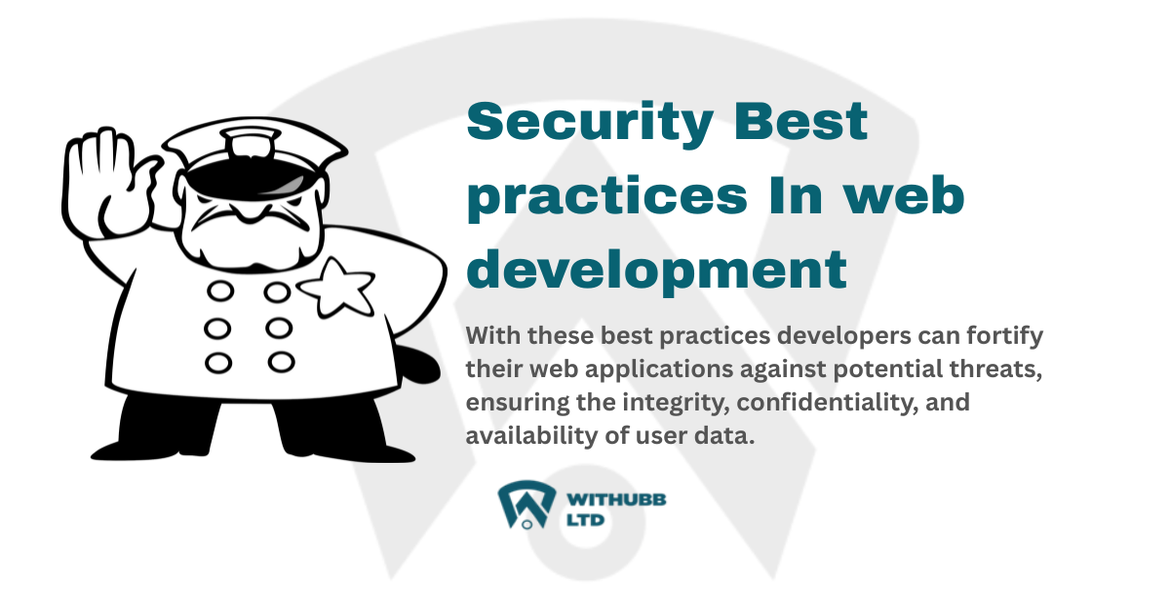
Security Best practices In web development
3 weeks, 2 days ago · 9 min read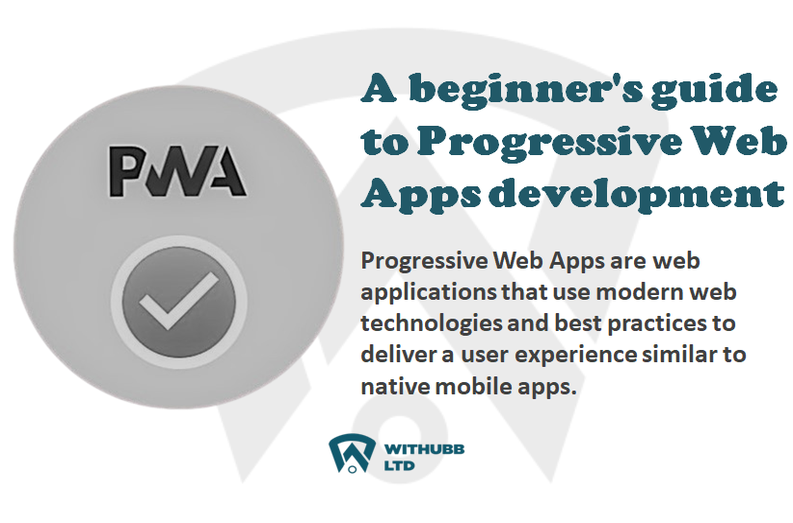
A beginner's guide to Progressive Web Apps development (PWA)
3 weeks, 2 days ago · 5 min read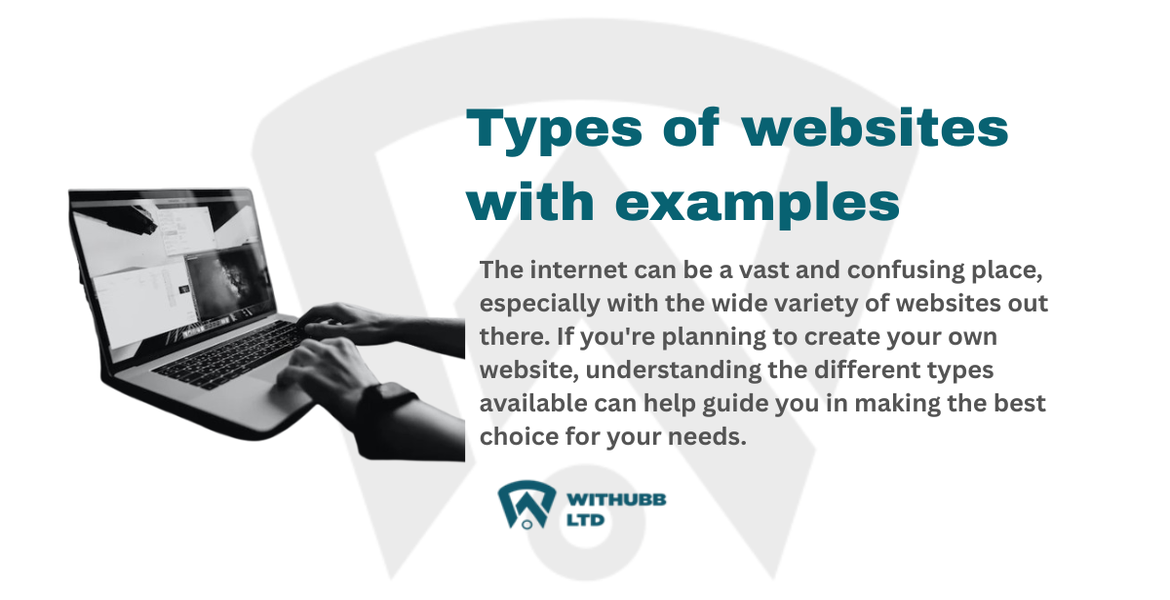
Types of websites with examples
3 weeks, 2 days ago · 10 min read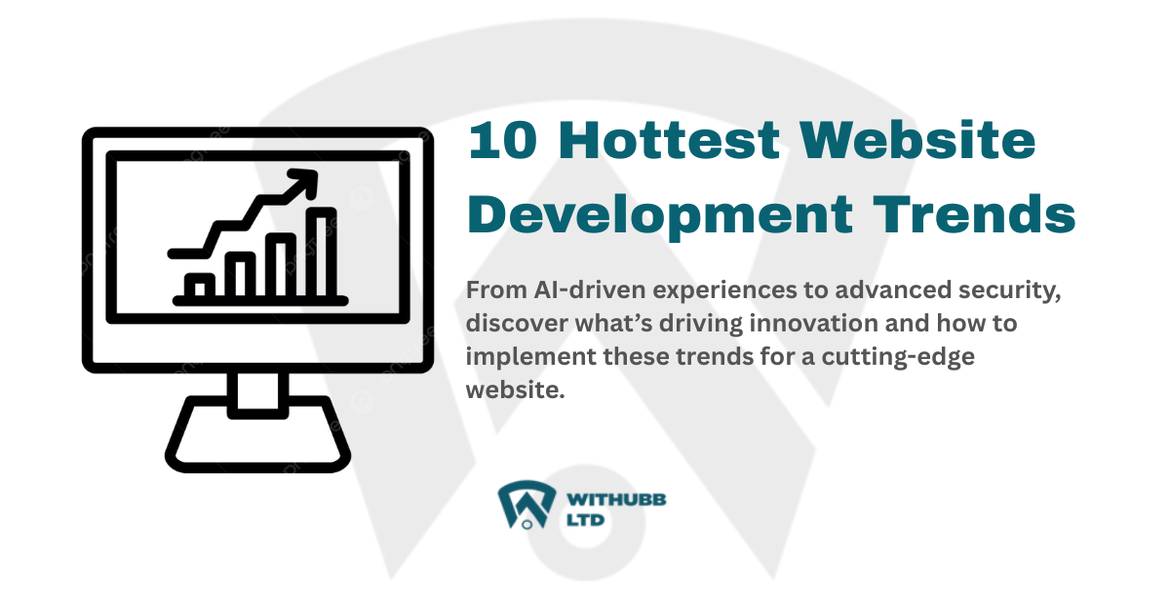
10 Hottest Website Development Trends You Can’t Ignore in 2025
3 weeks, 2 days ago · 10 min read
How to Set Up Django with PostgreSQL, Nginx, and Gunicorn on Ubuntu VPS Server
4 weeks, 1 day ago · 12 min read
Best Domain Extension Guide: .com vs .net vs .org vs .ng (2025)
4 weeks, 1 day ago · 6 min read
Top Web Design Tools for Professionals in 2025: Best UI/UX & Development Software
4 weeks, 1 day ago · 6 min read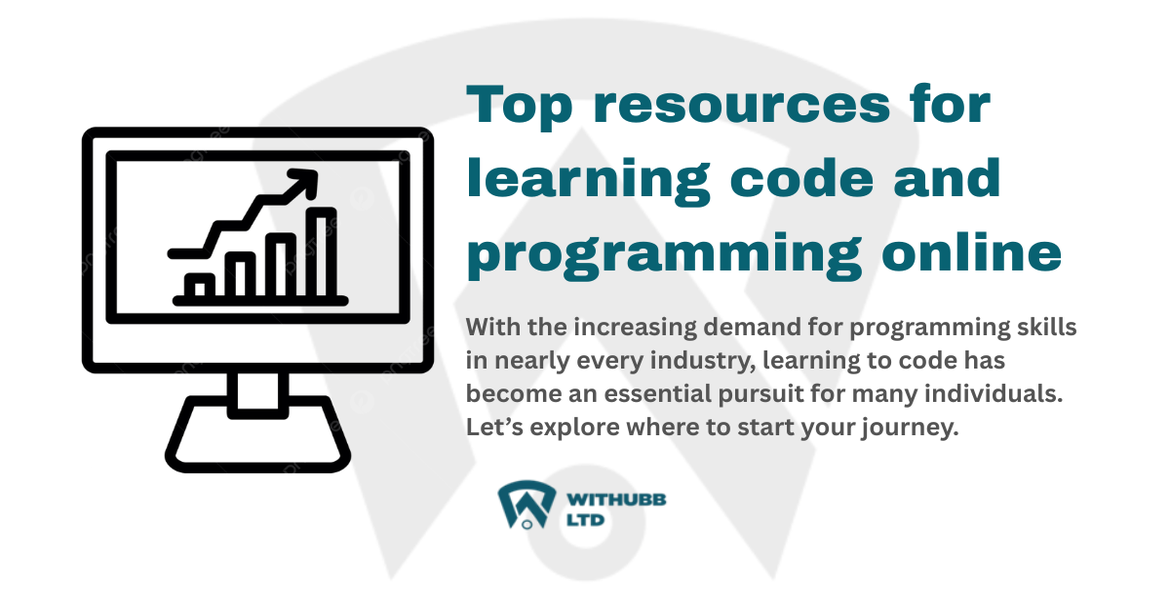
Top 20 resources for learning code and programming online in 2025
4 weeks, 1 day ago · 7 min read
A comprehensive guide to database backup and recovery (Tips, Strategies, Common mistakes)
1 month, 1 week ago · 12 min read
x

